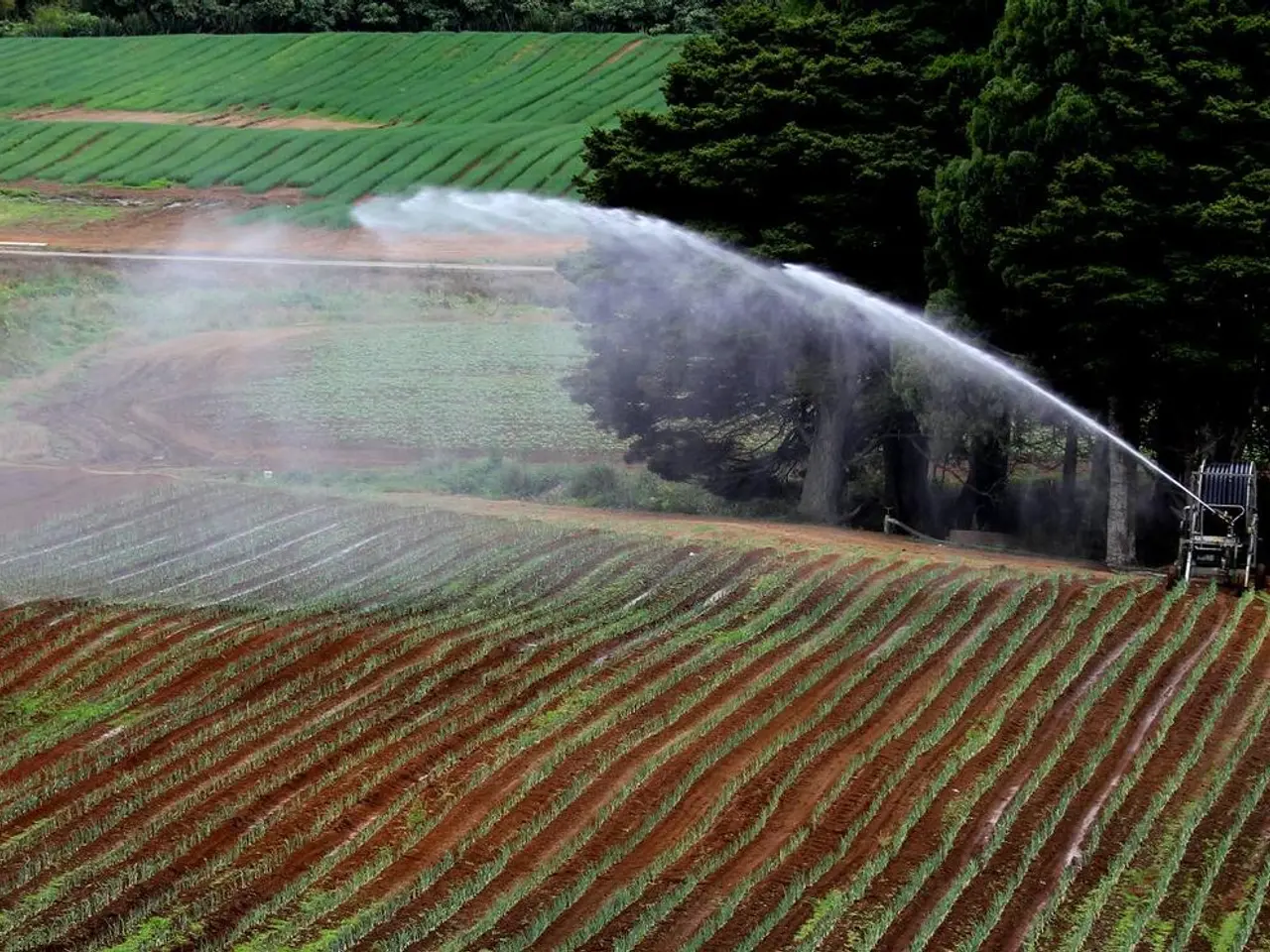Industrialized Hog Farms Producing Biogas Study Cancelled by Trump Administration
In North Carolina, a study investigating the environmental and health impacts of biogas production from industrialized swine operations was abruptly halted after the Trump administration cut federal research funding. The research, sponsored by the U.S. Environmental Protection Agency and National Institute of Environmental and Health Sciences (NIEHS), aimed to shed light on the potential risks associated with these facilities.
The community research, conducted in Duplin and Sampson counties, was significant as there is scant data on the environmental and health effects near these facilities. The counties rank first and second, respectively, in the number of swine farms, according to a University of Michigan study.
One of the key findings from the preliminary data was the detection of total coliform and E. coli bacteria at least once in all 11 surface water sampling sites tested before the grant cancellation. In some cases, levels of E. coli exceeded state surface water standards.
Methane, a potent greenhouse gas, is a concern in the swine industry as it is 86 times more potent at warming the planet than CO2, according to federal data. Major pork producers tout biogas as a solution to the industry's methane problem, but the study revealed that sulfur dioxide accounts for more than 75 percent of the potential emissions produced during biogas processing.
The study also found that swine CAFOs in North Carolina are predominantly located in tracts that are predominantly Black, Indigenous, or Latino, according to Census data. This raises concerns about the potential health risks faced by these communities.
Residents living near swine CAFOs, even without biodigesters, have been found to have higher levels of PM 2.5 than those living in areas without them. There were brief spikes of fine particulate matter, known as PM 2.5, at unhealthy levels for a few hours. Phosphorus, which can supercharge harmful algal blooms, peaked at more than 30 times the levels at which algae could begin to multiply.
The Warsaw plant operated by Align RNG, a partnership between Dominion Energy and Smithfield Foods, could emit 64 to 220 tons of pollutants each year, according to the company's air quality permit. Align RNG receives swine gas from a half dozen CAFOs in Sampson and Duplin counties, according to state records from 2024.
One-time air monitoring outside 13 homes within two miles of swine CAFOs, conducted prior to the grant cancellation, detected nitrogen dioxide below National Ambient Air Quality Standards. However, there are no state standards for ammonia and hydrogen sulfide in community ambient air, and the scientists found these compounds at levels similar to those reported by other studies in North Carolina.
The cancellation of the $417,000 federal grant also halted the scientists' plans to survey more community members about their views on swine gas operations and the state of their physical and mental health. The study's findings underscore the need for continued research and monitoring to fully understand the potential impacts of swine CAFOs and biogas production on North Carolina communities.
Read also:
- Nightly sweat episodes linked to GERD: Crucial insights explained
- Antitussives: List of Examples, Functions, Adverse Reactions, and Additional Details
- Asthma Diagnosis: Exploring FeNO Tests and Related Treatments
- Unfortunate Financial Disarray for a Family from California After an Expensive Emergency Room Visit with Their Burned Infant








